The Open Cloud Coalition wants to promote a more competitive European cloud market – but is there more to the group than meets the eye?
The launch of the Open Cloud Coalition is the latest blow in a war of words between Microsoft and Google over European cloud


There’s a new cloud lobby group on the scene in Europe, but it’s not gone down well with one major industry player.
Launched this week, the Open Cloud Coalition is a "new alliance of leading cloud providers and users," as the organization describes itself. Alongside Google, the OCC has ten other members, including Centerprise, Civo, Clairo AI, ControlPlane, DTP Group, Gigas, Prolinx, Pulsant, and Room 101.
The OCC's executive committee is also made up of a representative of each member company, including Benoit Tabaka, the director of government affairs and public policy for Google Cloud.
Though Google Cloud is unquestionably the biggest player at OCC, Nicky Stewart, who holds the title of OCC's senior advisor, was careful to stress that "each member will have an equal voice".
Stewart previously led the UK Cabinet Office's commercial workstream for G-Cloud, departing in 2011 to move to UKCloud. Stewart has worked with the European Commission's Cloud Special Interest Group and was vice chair of techUK's central government council.
Google’s involvement in this new lobbying group is a contentious topic, at least from Microsoft’s perspective. The tech giant published a blistering statement earlier this week describing the OCC as an ‘astroturf group’ designed to discredit the company.
In its statement, Microsoft was keen to point out further details of Stewart's career, saying in a blog post that Stewart "personally penned complaints against Microsoft and Amazon Web Services (AWS) in the UK Competition and Market Authority’s ongoing investigation into the cloud computing market."
Sign up today and you will receive a free copy of our Future Focus 2025 report - the leading guidance on AI, cybersecurity and other IT challenges as per 700+ senior executives
Research and lobbying
So what’s all the fuss about here? The OCC says its aim is to encourage openness in the cloud market, a topic that’s prompted an intense back and forth between major industry players in recent months amidst claims of anti-competitive practices.
“As cloud infrastructure becomes indispensable, many businesses find themselves trapped in restrictive agreements, facing high costs and barriers when trying to switch or adopt multi-cloud strategies," said Stewart in a statement.
"The OCC is determined to reverse this trend by promoting a more competitive and flexible market and driving the adoption of open standards."
How will the OCC achieve this massive undertaking? The OCC has urged European regulators to be "rigorous and brave" in their investigations of the sector, promising an "open dialogue" with competition authorities. To assist those efforts, the OCC intends to release research on the state of the UK and EU cloud markets.
"The launch of the Open Cloud Coalition couldn’t come at a more critical time. As regulatory scrutiny increases, it’s vital that all voices are heard to ensure the cloud ecosystem remains competitive and innovative,” Stewart added.
CISPE's role
If you haven't been paying attention to rumblings in the European cloud market, Microsoft's strong comments on Google propping up another cloud industry group may come as a surprise.
But this is a long running dispute that stems from Google's reaction to Microsoft's Azure licensing rules, as well as complaints from others in the cloud market that Microsoft attempts to lock in users and punish companies that mix and match its software with rival cloud providers.
The most recent flashpoint resulted in a settlement agreed earlier this year between Microsoft and another industry group, the Cloud Infrastructure Services Providers in Europe (CISPE). In 2023, the lobbyist group threatened to take Microsoft to regulators over alleged anti-competitive software licensing terms.
CISPE and Microsoft spent many months in negotiations attempting to find a solution, but at the last gasp Google tried to swoop in and scupper the deal. Google reportedly offered CISPE members $15 million in cash and $495 million in cloud credits to continue with the complaint and rope in regulators rather than settling.
Google failed in its approach, and CISPE chose to settle with Microsoft. But that $22 million agreement came amid complaints of a pay off — and Google Cloud, AWS, and Alibaba Cloud were excluded from the final deal.
Microsoft alleges that the OCC was set up in response, though Stewart has said the OCC was years in the making.
Why is Microsoft so angry?
Rima Alaily, deputy general counsel at Microsoft, said in a lengthy blog post that the launch of OCC follows Google's failure to "weaponize" CISPE, and that Google is attempting to appear like a "backseat member rather than its leader" when it’s nothing of the sort.
Alaily even went so far as to suggest Google may have offered cash or discounts on its cloud service to get smaller companies to join up, though admits that "remains to be seen".
"This week an astroturf group organized by Google is launching," Alaily wrote. "It is designed to discredit Microsoft with competition authorities, and policymakers and mislead the public."
Alaily claimed that a cloud company approached by the new industry group revealed details of its founding, saying the OCC was created in the immediate aftermath of the CISPE settlement, with Google hiring a consultancy to create and run the cloud organization.
"One of the companies approached, who ultimately declined, told us that the organization will be directed and largely funded by Google for the purpose of attacking Microsoft’s cloud computing business in the European Union and the United Kingdom," she said.
What's next?
Naturally, Google has hit back at Microsoft’s claims, with a spokesperson noting that it’s been highly vocal on the topic of anti-competitive practices in recent years.
The tech giant cited its many blog posts on the subject, going back to 2022, and discussing points including security as well as its own complaint to the European Commission over Microsoft's cloud practices.
In that last post, Google accuses Microsoft of "restrictive" behaviors that lock in customers using massive price markups for those who try to move Microsoft workloads to rival clouds.
"Microsoft is the only cloud provider to use these tactics, which have significantly harmed European companies and governments," the post said.
While Google and Microsoft are choosing to duke it out via blog posts and cloud industry organizations, the real focus will be on regulators.
The UK Competition and Markets Authority in September extended its investigation into the market, while — as OCC noted — regulators in Spain and Denmark are looking into the issue.
Freelance journalist Nicole Kobie first started writing for ITPro in 2007, with bylines in New Scientist, Wired, PC Pro and many more.
Nicole the author of a book about the history of technology, The Long History of the Future.
-
 Trump's AI executive order could leave US in a 'regulatory vacuum'
Trump's AI executive order could leave US in a 'regulatory vacuum'News Citing a "patchwork of 50 different regulatory regimes" and "ideological bias", President Trump wants rules to be set at a federal level
-
 TPUs: Google's home advantage
TPUs: Google's home advantageITPro Podcast How does TPU v7 stack up against Nvidia's latest chips – and can Google scale AI using only its own supply?
-
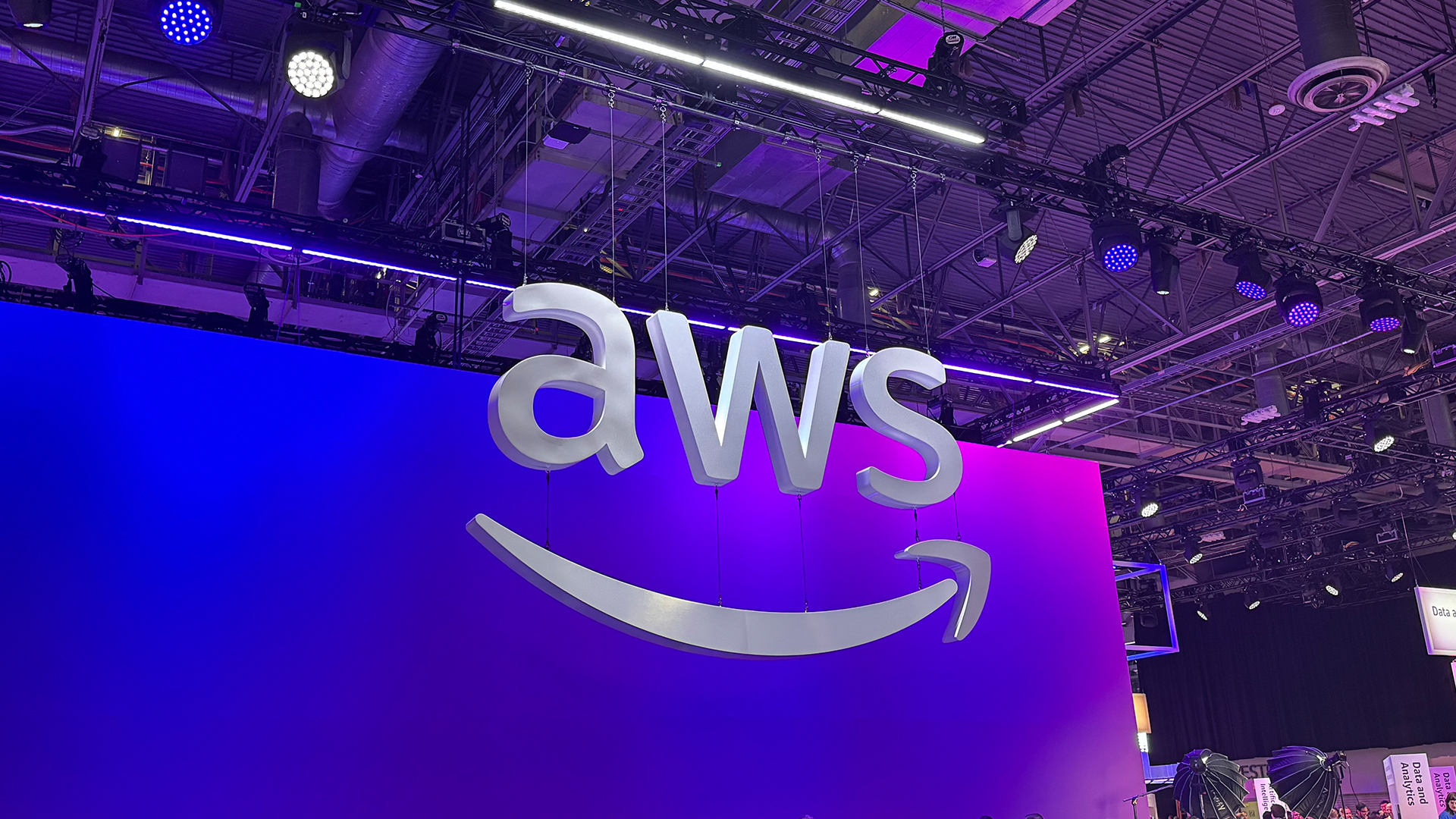 AWS re:Invent 2025 live: All the news and announcements from day two in Las Vegas
AWS re:Invent 2025 live: All the news and announcements from day two in Las VegasLive Blog Keep tabs on all the latest announcements from day-two at AWS re:Invent 2025 in Las Vegas
-
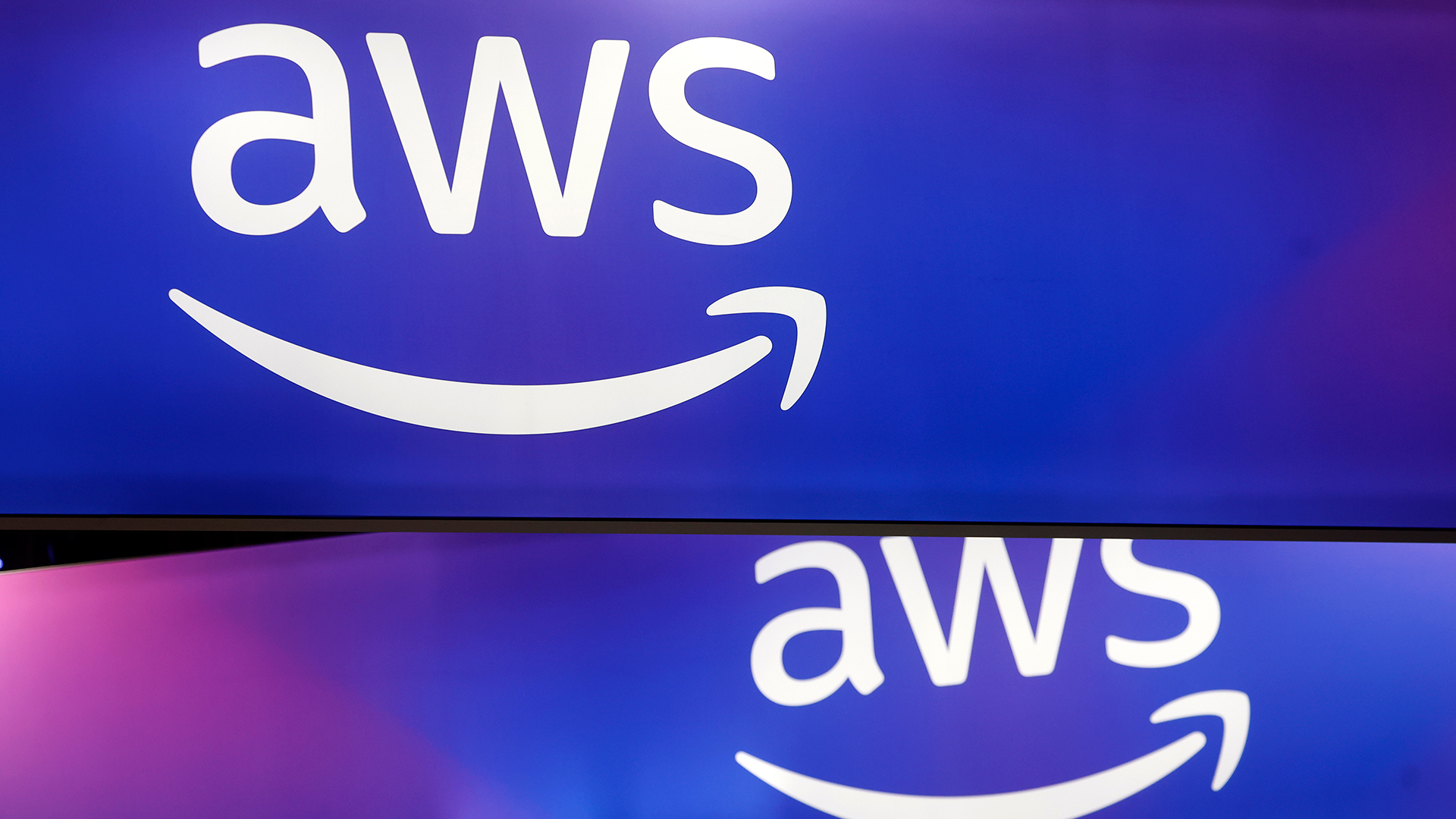 AWS has a chance to show its mettle at re:Invent 2025
AWS has a chance to show its mettle at re:Invent 2025Analysis The hyperscaler will be betting big on its AI stack and infrastructure credentials
-
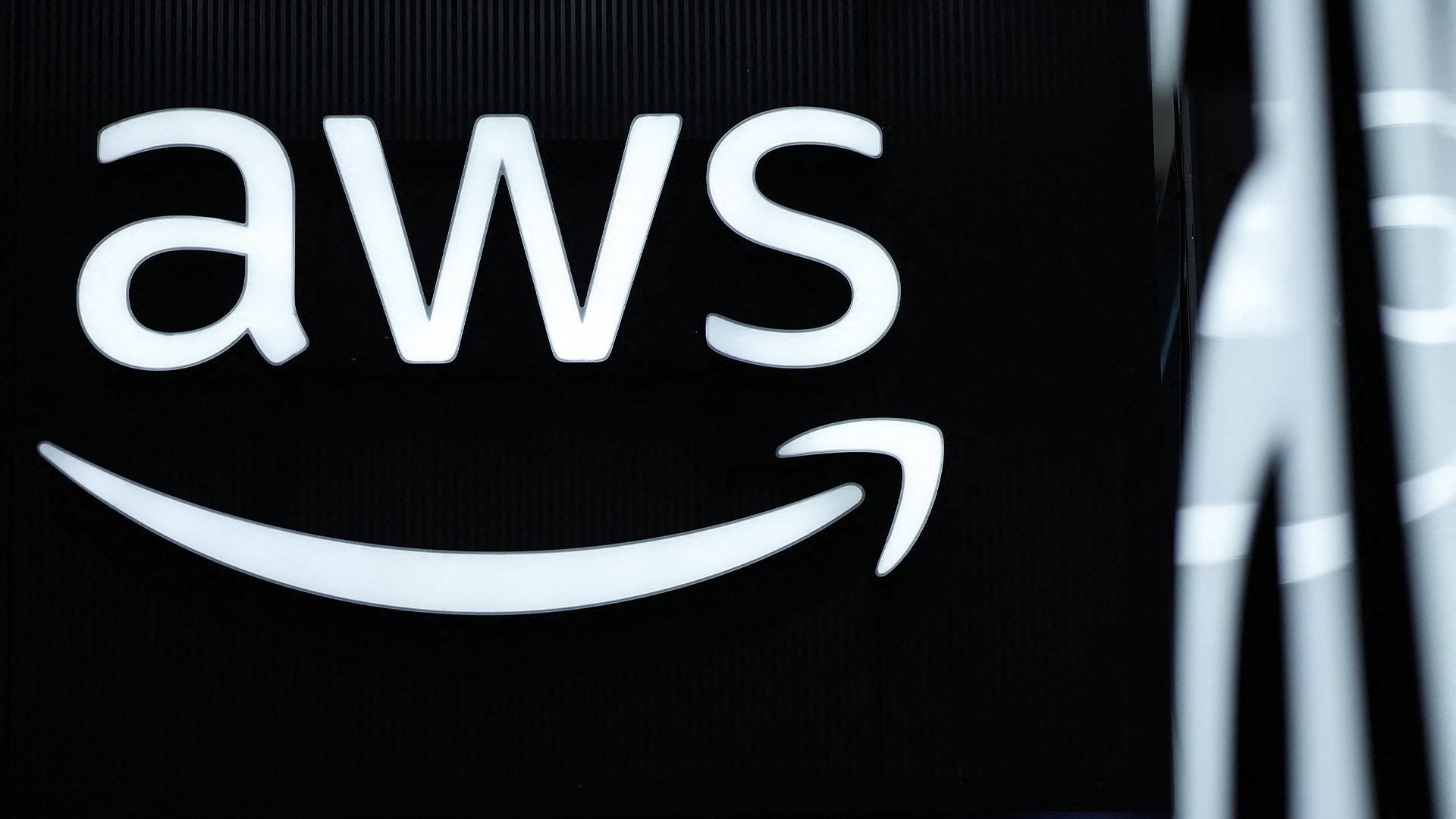 AWS pledges $50 billion to expand AI and HPC infrastructure for US government clients
AWS pledges $50 billion to expand AI and HPC infrastructure for US government clientsNews The company said an extra 1.3 gigawatts of compute capacity will help government agencies advance America’s AI leadership
-
 Dell Technologies targets private cloud gains with new Azure Local features
Dell Technologies targets private cloud gains with new Azure Local featuresNews Dell and Microsoft are teaming up to offer private cloud on Azure Local for a simplified hybrid solution
-
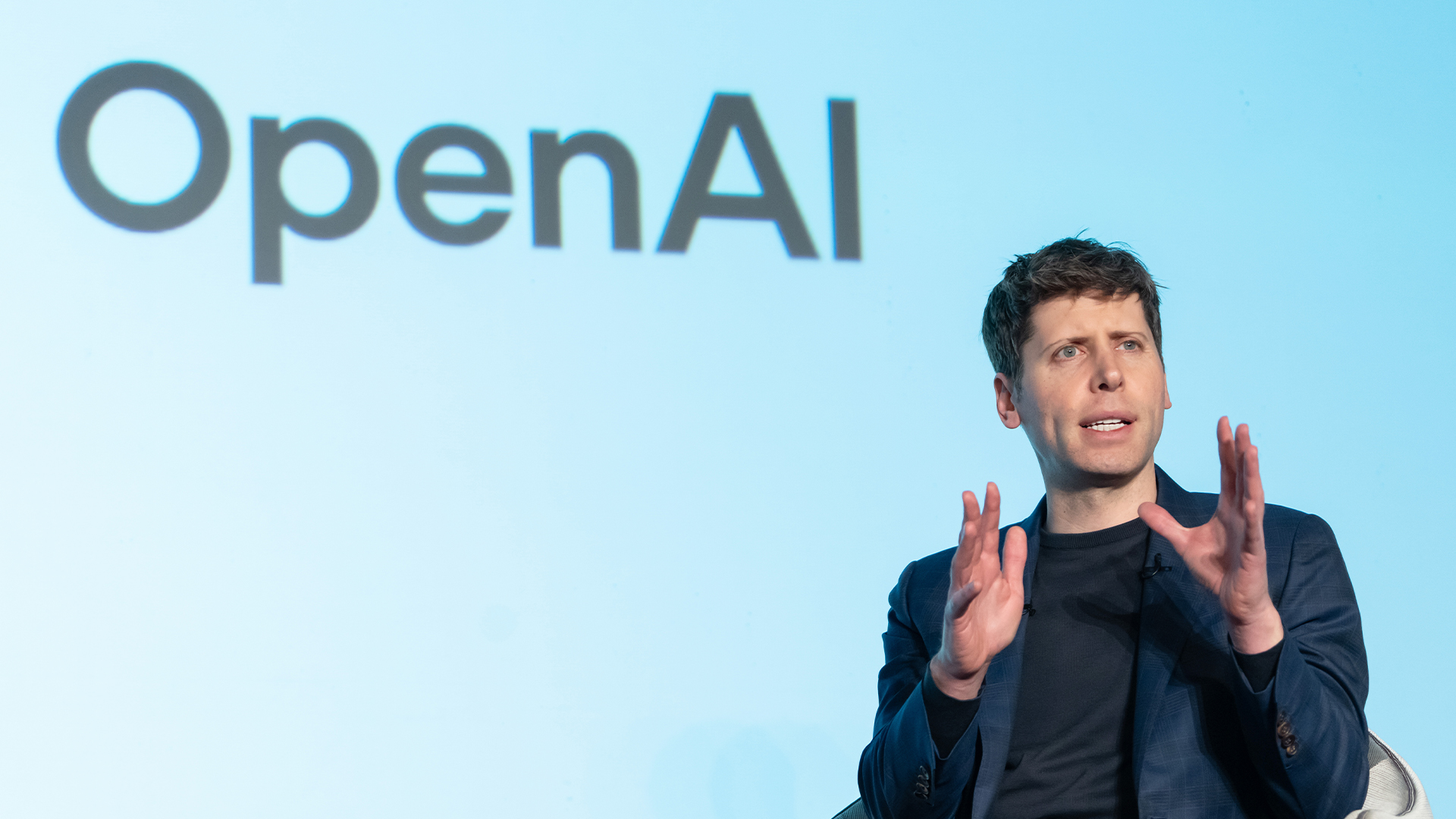 OpenAI just signed a bumper $38bn cloud contract with AWS – is it finally preparing to cast aside Microsoft?
OpenAI just signed a bumper $38bn cloud contract with AWS – is it finally preparing to cast aside Microsoft?News The move by OpenAI doesn’t signal an end to its long-running ties with Microsoft
-
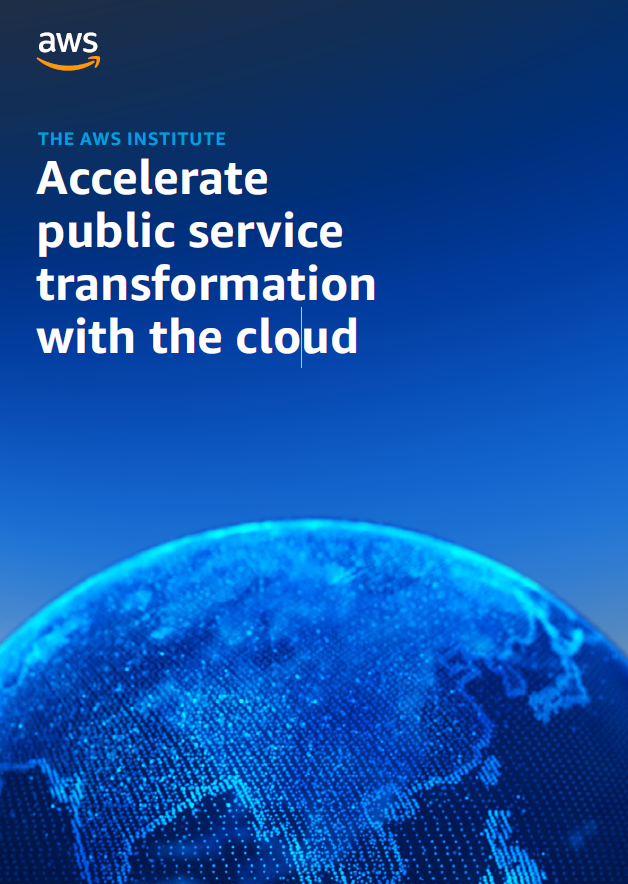 Accelerate public service transformation with the cloud
Accelerate public service transformation with the cloudwhitepaper
-
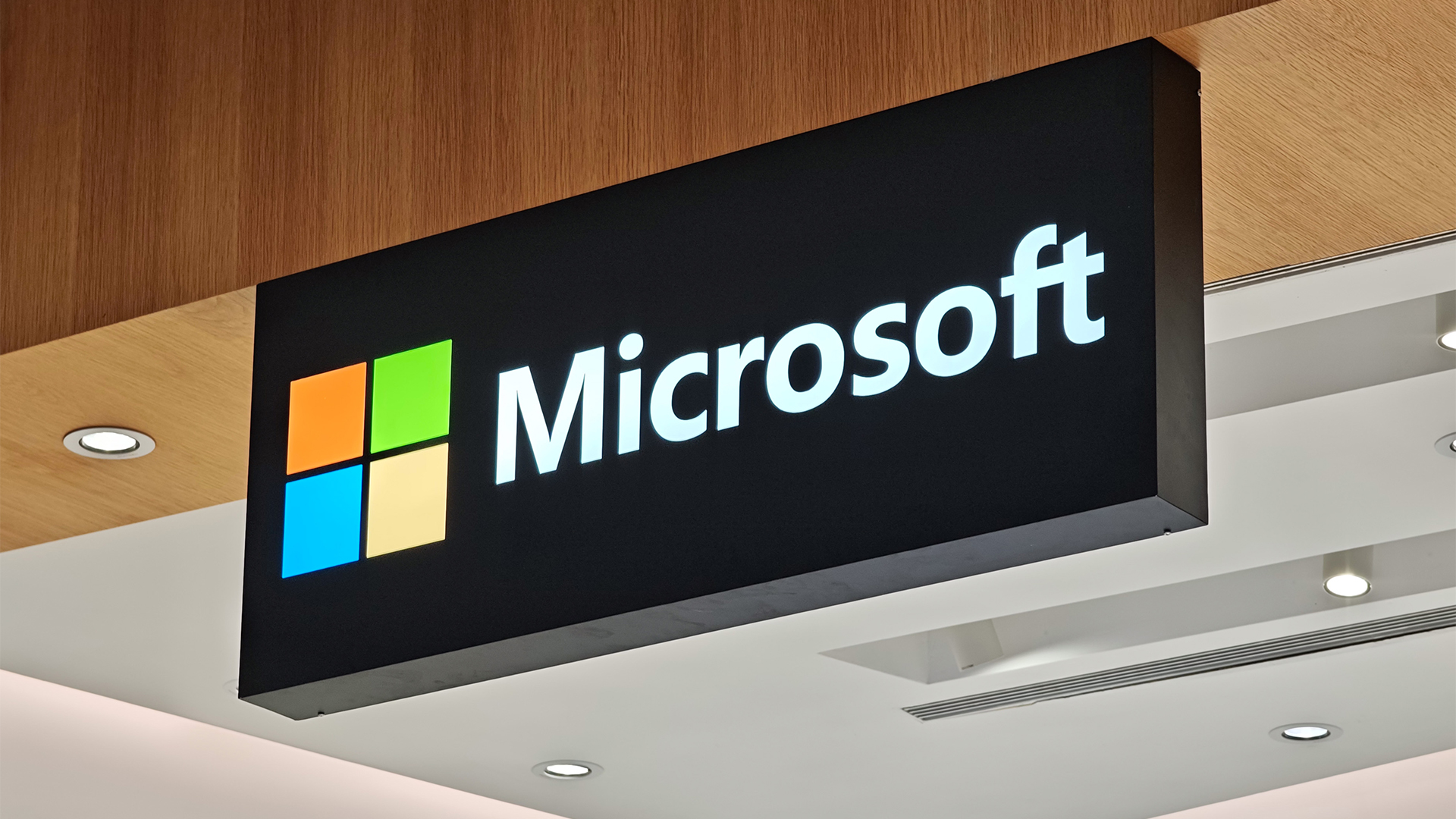 Microsoft’s new ‘marketplace’ lets customers pick and choose cloud, AI solutions
Microsoft’s new ‘marketplace’ lets customers pick and choose cloud, AI solutionsNews The Microsoft Marketplace looks to streamline customer access to AI and cloud services
-
 Google Cloud introduces ‘no-cost’ data transfers for UK, EU businesses
Google Cloud introduces ‘no-cost’ data transfers for UK, EU businessesNews Google Cloud's new Data Transfer Essentials service will allow enterprises to transfer data to alternative providers at no extra cost.
